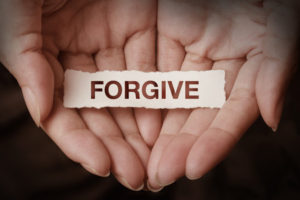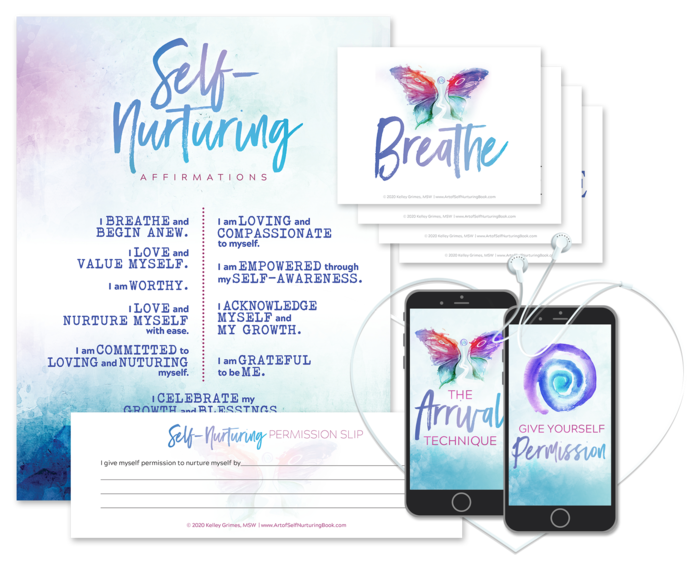 “The practice of forgiveness is our most important contribution to the healing of the world.” ~Marianne Williamson
“The practice of forgiveness is our most important contribution to the healing of the world.” ~Marianne Williamson
Having the courage to forgive.
What is the first thing or person that came to your mind when you read this phrase?
Now take a moment to intentionally breathe in and out. Notice how you are feeling right now and identify the sensations in your body as you begin to read about forgiveness.
Do you feel anxiety, anticipation, resistance, openness, or hopefulness? Is there tightness in your jaw, butterflies in your stomach, or warmth in your chest?
The topic of forgiveness is laden with layers of emotions that have built up throughout our lives and have the potential of raising memories of old hurts and times when forgiveness was not asked for nor given.
As a counselor dedicated to supporting, educating and encouraging people to nurture themselves, I believe that forgiveness is an essential step in the process of developing a self-nurturing practice.
Without the fundamental practice of forgiving ourselves, we are unable to find peace and cultivate self-compassion. Without learning how to forgive others we are trapped in our own anger and resentment, which drains away our peace of mind and closes down our hearts.
I agree with Marianne Williamson’s perspective that,“forgiveness is not always easy. At times, it feels more painful than the wound we suffered, to forgive the one that inflicted it. And yet, there is no peace without forgiveness.”
Nurturing ourselves through the process of forgiveness is therefore essential in order to have an authentic and healing experience. I see forgiveness as a practice, very much like meditation, which requires intention, commitment and training. Developing the skills required to support our ability to forgive and seeing forgiveness as a process supports our ability to courageously embrace this challenging experience.
In addition there is the wonderful potential of discovery, getting to know yourself more deeply and investigating what triggers you with kindness and curiosity as your awareness grows and deepens in the process of cultivating a forgiveness or meditation practice.
I have found Jon Kabat-Zinn’s attitudinal foundations of mindfulness so helpful for nurturing a forgiveness practice and include:
- Non-judging
- Patience
- Beginner’s mind
- Trust
- Non-striving
- Acceptance
- Letting go
Imagine embracing these intentions as you begin to develop a forgiveness practice, starting by being very gentle with yourself and understanding that forgiveness is not a destination…it is a frame of mind.
If we start this cultivation process by forgiving ourselves, we will develop a firm foundation from which to expand. Begin by forgiving our unkind self-talk, forgiving our mistakes, forgiving our bodies being sick or not looking like we wish they did.
Developing the spirit of forgiveness toward ourselves is a profoundly courageous and self-nurturing act, which allows us to live more authentically, with a wide-open heart and with more compassion for ourselves, and others.
Forgiveness also offers the gift of transforming your mindset from victim to a survivor and deepens your trust with yourself and the world.
So start the process today. When you find yourself heading into judgmental or unkind self-talk forgive yourself instead. When you make a mistake instead of giving into criticizing yourself, forgive and move on.
When you remind yourself that you are doing the best you can, then forgiveness can flow more easily. I find creating a personal mantra like “breathe and start again” or “I forgive myself and start fresh” really helpful in nurturing my forgiveness practice.
May you find the courage to forgive yourself and others as you contribute to the healing of the world and may you nurture peace in the world from the inside out!




